Anthony Powell - Muses & The Beau Monde
- Lilium

- Apr 1, 2020
- 5 min read

Anthony Dymoke Powell, born 21 December 1905 in Westminster, was an English novelist.
He attended Eton where he made a friend of a fellow pupil, Henry Yorke, later to become known as the novelist Henry Green. At Eton, Powell spent much of his spare time at the Studio, where a sympathetic art master encouraged him to develop his talent as a draughtsman and his interest in the visual arts and in 1922 he became a founding member of the Eton Society of Arts. The Society's members produced an occasional magazine called The Eton Candle.

In the autumn of 1923, Powell went up to Balliol College, Oxford. Soon after his arrival he was introduced to the Hypocrites' Club. During his third year Powell lived out of college, sharing rooms with Henry Yorke, travelling on the Continent during his holidays and he was awarded a third-class degree at the end of his academic years.
Powell came to work in London during the autumn of 1926. He worked in a form of apprenticeship at the publishers Gerald Duckworth and Company in Covent Garden, leaving their employ in 1932 after protracted negotiations about title, salary, and working hours. He next took a job as a script writer at the Warner Brothers Studio in Teddington, where he remained for six months.
Upon his arrival in London, after Oxford, part of Powell's social life centred around attendance at formal debutante dances at houses in Mayfair and Belgravia. He renewed acquaintance with Evelyn Waugh, whom he had known at Oxford, and was a frequent guest for Sunday supper at Waugh's parents' house.
"It is not what happens to people that is significant, but what they think happens to them."
- Anthony Powell


Waugh introduced him to the Gargoyle Club. Stephen Tennant's brother David Tennant founded the Gargoyle as a private members' club on the upper floors of 69 Dean Street, Soho, London in 1925, which gave Powell experience in London's Bohemia.
He got to know the painters Nina Hamnett and Adrian Daintrey, who were neighbours in Fitzrovia, and the composer Constant Lambert, who remained a good friend until Lambert's death in 1951.
In 1934 he married Lady Violet Pakenham. Lady Violet was a member of a literary family; her brothers were Edward Pakenham and Frank Pakenham, while her sisters included the novelist and biographer Lady Pansy Lamb and the historian Lady Mary Clive. She was herself a distinguished memoirist and biographer.
Her The Life of a Provincial Lady (1988), on the life of E. M. Delafield, has been called by one critic "one of the best literary biographies of a British writer in the twentieth century". Those who knew the couple well believed that Lady Violet made significant contributions to the richness, depth and polish of her husband's work. She also wrote a biography of the English novelist Flora Annie Steel.
"Powell does everything a novelist can do, from flights of aesthetic passion to romance to comedy high and low. His dialogue is extraordinary; often terse, pedestrian and perfect, each character using three or four words. Anthony Powell taught me to write; he has such brilliant control of the mechanics of the novel."
- Alan Furst, By the Book
Powell wrote several partial bibliography's of novels, plays, and works before the war and during his time in California Powell contributed articles to the magazine Night and Day.

Anticipating the difficulties of creative writing during wartime, Powell began to assemble material for a biography of the seventeenth-century writer John Aubrey. His army career, it turned out, forced him to postpone even that biographical work.
Upon the outbreak of the Second World War, Powell was aged 34 and joined the British Army as a Second Lieutenant.
He eventually secured an assignment with the Intelligence Corps.
His military career continued with a posting to the War Office in Whitehall, where he was attached to the section known as Military Intelligence (Liaison), and later for a short time to the Cabinet Office.
When the war ended writing became his sole career. Powell resumed work on Aubrey, completing the manuscript of John Aubrey and His Friends in May 1946, though it only appeared in 1948 after difficult negotiations and arguments with publishers. He then edited a selection of Aubrey's writings that appeared the following year.
"Writing is a combination of intangible creative fantasy and appalling hard work."
- Anthony Powell
Over the next 30 years, he produced his major work: A Dance to the Music of Time. Featuring twelve novels, inspired by the painting of the same name, the story is an often comic examination of movements and manners, power and passivity in English political, cultural and military life in the mid-20th century, narrated by Nick Jenkins in the form of his reminiscences.

In parallel with his creative writing, Powell served as the primary fiction reviewer for the Times Literary Supplement. He served as Literary Editor of Punch from 1953 to 1959. From 1958 to 1990, he was a regular reviewer for The Daily Telegraph, resigning after a vitriolic personal attack on him by Auberon Waugh appeared in that newspaper. He also reviewed occasionally for The Spectator.
Powell's twelve novels have been acclaimed by such critics as A. N. Wilson and fellow writers including Evelyn Waugh and Kingsley Amis as among the finest English fiction of the twentieth century. Auberon Waugh dissented, calling it "tedious and overpraised—particularly by literary hangers-on".
"Literature illuminates life only for those to whom books are a necessity."
- Anthony Powell

Powell was appointed a Commander of the Order of the British Empire (CBE) in 1956, and in 1973 he declined an offer of knighthood. He was appointed Companion of Honour (CH) in 1988.
He served as a trustee of the National Portrait Gallery from 1962 to 1976. With Lady Violet, he travelled to the United States, India, Guatemala, Italy, and Greece.
Hilary Spurling, a newspaper colleague, had written at Powell's request in 1977 Invitation to the Dance: A Guide to Anthony Powell's Dance to the Music of Time; and in 2017 published his biography, Anthony Powell: Dancing to the Music of Time.
In 1995, he was awarded an honorary degree (Doctor of Letters) from the University of Bath.
Dance was adapted by Hugh Whitemore for a TV mini-series during the autumn of 1997, and broadcast in the UK on Channel 4.
"Growing old is like increasing penalised for a crime you haven't committed."
- Anthony Powell
Anthony Powell died on 28 March 2000 at his home, The Chantry, Whatley, west of Frome, Somerset.
A centenary exhibition in commemoration of Powell's life and work was held at the Wallace Collection, London, from November 2005 to February 2006. Smaller exhibitions were held in 2005 and 2006 at Eton College, Cambridge University, the Grolier Club in New York City, and Georgetown University in Washington, DC.
Reading Recommendations & Content Considerations
By
Anthony Powell

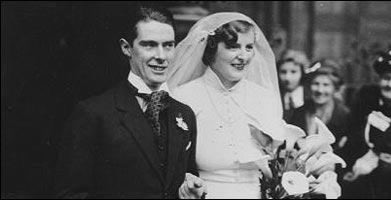

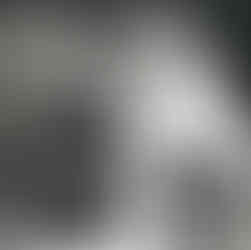





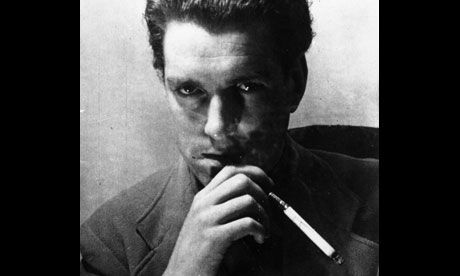
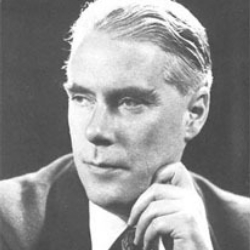






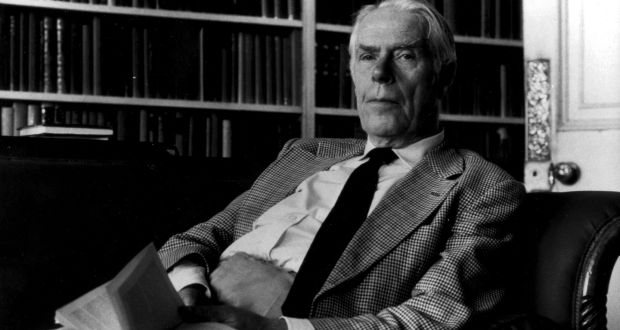


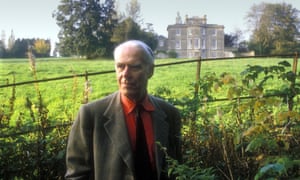









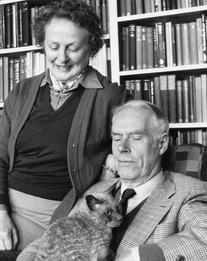






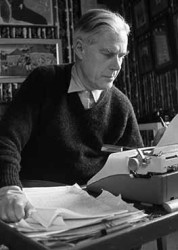

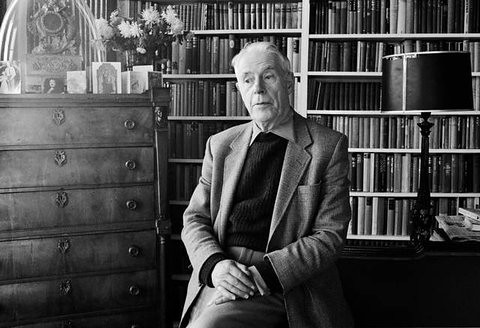






Comments